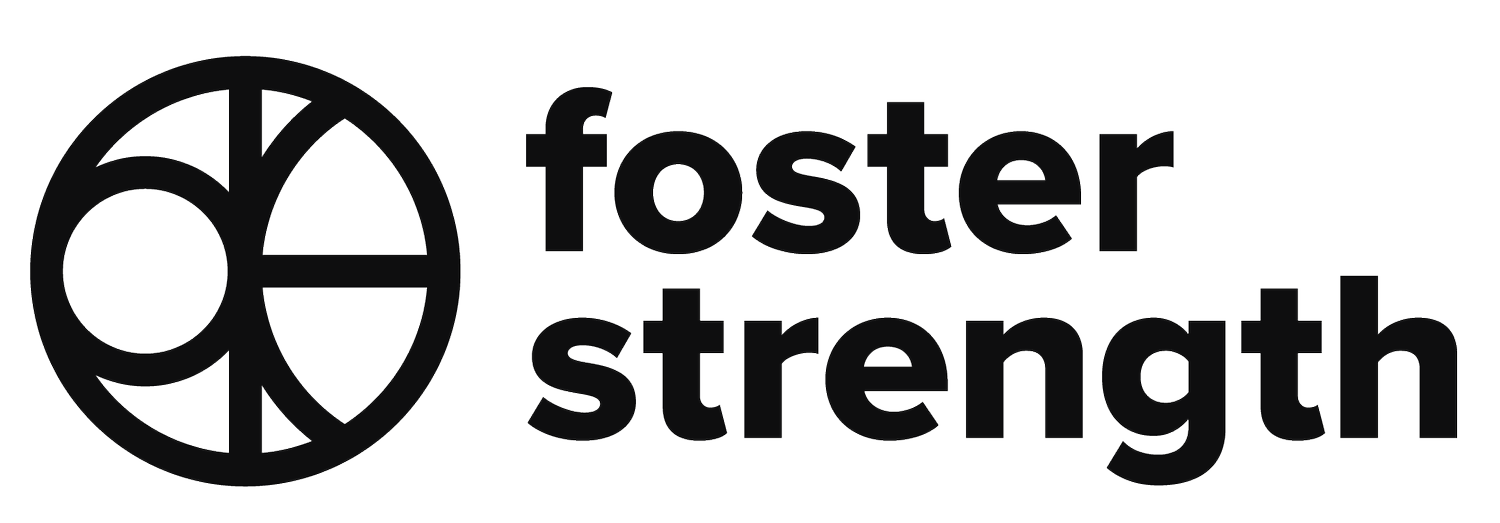Are you eating enough? Nutrition as a tool for recovery.
We think of food in a lot of ways but do we spend much time thinking about it as one of our most powerful recovery tools?
You know the deal...
When we train we expend energy. That energy expenditure is measured as a kilocalorie, more commonly known as a calorie (or the amount of heat it takes to raise the temperature of a gram of water). We are burning these calories all the time. Yes, even at rest. We are just burning more during exercise.
Now this could easily digress to a conversation entirely focused on the number of calories you burn vs the number of calories you consume but that isn’t all that useful for a number of reasons. The equation isn’t simple because bodies are different, energy needs are different, nutrition labels are estimates at best, and food and your relationship with food is multifaceted which means it likely can’t be boiled down to numbers in a tracking app. Instead we can use those caloric estimates to inform our decisions where appropriate and ensure adequate nutrient consumption for superior recovery.
Let’s break it down and talk real life nutrition strategies for elevating your training and helping your body recover!
Eat Enough Food
So, remember when I said it isn’t all about calories in vs. calories out. I was right AND making sure that you are eating enough calories, i.e. replenishing what you are burning during tough training sessions and activities of your daily life, is a big part of recovery. This can be accomplished by tracking calories burned as well as tracking the calories from the foods you are eating. The challenge with this method is the relative inaccuracy of nutrition labels and fitness trackers. This might be a method to consider if you feel fairly unfamiliar with nutrition facts and would like to gain a better sense of your own behaviors. I caution most of my clients that tracking, while a useful tool under the right circumstances, can encourage obsessive or unhealthy behaviors and if specific nutrition requirements are of high importance, it is best to seek the guidance of a Registered Dietician whose scope includes more specific nutrition guidance.
The great thing is our body is pretty good at telling us what we need and if we can listen, our appetite is often a great indicator of what and how much we should eat. Our appetite is also hugely helpful in providing feedback on our training. Little to no appetite or excessive hunger can be a side effect of over-training. Learning to trust your appetite is a skill and will likely take time if you have spent a lifetime dieting and restricting food intake.
Prioritize Protein Post Workout
It’s honestly a little hard for me to write this one as I believe marketing around protein consumption in the fitness industry is a bit manipulative and over blown. You can finish a workout and skip the slab of steak and protein supplement and be fine despite what the flashy ads on Instagram say. That being said, your diet may be low in protein if you rely heavily on carbohydrates in your diet. And after a workout your nutrition should aim to decrease protein breakdown and increase protein synthesis meaning you are aiming to repair the damage done to your muscles during the workout. Ingesting protein post workout can do just that. Carbohydrates are also important post workout as they help restore glycogen. Simply put a snack or meal that is a good source of carbohydrates with substantial protein (research suggests about 20 g) within two hours after a workout can support ongoing recovery. As with any of this guidance, keep in mind that all people are different and specific recommendations should be left to the discretion of an RD. As a nutrition coach, I can provide context and big picture advice.
Reach For Nutrient Dense Foods
When it comes to recovery, nutrient dense foods pack the most punch. Whether it be macronutrients (protein, carbohydrates, and fat) like I mentioned earlier or micronutrients (all those vitamins and minerals), your post workout body is yearning for nutritional support and some foods have more than others. You’ll notice I’m steering away from terms like “whole foods” or “real foods” because much of that language is used as misconstrued wellness culture vocabulary that serves to demonize what is often the most affordable or accessible foods for low income individuals. Instead of playing a “this food is better” game, it’s worth employing a gentle nutrition strategy, a tenant of the Intuitive Eating framework. This size-inclusive anti-diet approach to eating prioritizes a peaceful relationship with food that doesn’t neglect nutrition but incorporates it in a holistic way. It’s likely that eating some foods makes you feel better, gives you more energy, and supports your activities, and while you may not eat them exclusively, eating a diet loaded with nutrient dense foods will help you feel great and train at the top of your game!
Nutrition is just one part of comprehensive recovery. Sleep, stress management, and regenerative movement practices are imperative. Employing them in conjunction with mindful and intentional eating practices can help you show your body the support and care it deserves!
